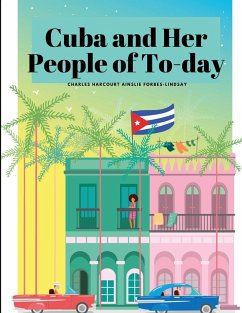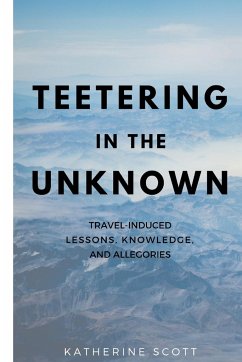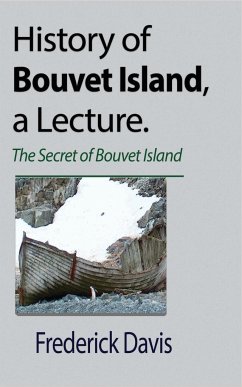
History of Wallis and Futuna, the People and Culture
Information tourism
Versandkostenfrei!
Versandfertig in 1-2 Wochen
29,99 €
inkl. MwSt.

PAYBACK Punkte
15 °P sammeln!
History of Wallis and Futuna, the People and Culture , Information tourism. Wallis and Futuna Islands are beautiful islands lying in the South Pacific Ocean between Fiji and Samoa. The beauty of remote islands lost far away in the ocean has always inspired researchers and nature enthusiasts who set out their expeditions. Wallis and Futuna were discovered by the Dutch and the British in the 17th and 18th century, but were the French who stepped on the land of the islands as competent owners. In the South Pacific Ocean between Fiji and Samoa lie Wallis and Futuna Islands, three remarkable volcan...
History of Wallis and Futuna, the People and Culture , Information tourism. Wallis and Futuna Islands are beautiful islands lying in the South Pacific Ocean between Fiji and Samoa. The beauty of remote islands lost far away in the ocean has always inspired researchers and nature enthusiasts who set out their expeditions. Wallis and Futuna were discovered by the Dutch and the British in the 17th and 18th century, but were the French who stepped on the land of the islands as competent owners. In the South Pacific Ocean between Fiji and Samoa lie Wallis and Futuna Islands, three remarkable volcanic islands, Wallis, Futuna and Alofi. The islands were discovered by the Dutch and the British in the 17th and 18th century; however, the French became the first Europeans to settle here. Wallis is named after the Cornish explorer Samuel Wallis. Today, Wallis and Futuna Islands remain one of three French colonies (the other two are French Polynesia and New Caledonia) and the territory is governed by the French constitution and uses the French legal system. Although Wallis and Futuna Islands consist of three islands, only two of them, Wallis and Futuna, are inhabited. The cannibal people of Futuna ate the population of Alofi in the 19th century, and since that time, nobody has tried to occupy the island (although cannibals are already past). There are also twenty uninhabited islets with the total area of two hundred and seventy four square kilometers. Alofi is also uninhabited for the reason of lack of fresh water supplies, while other areas are almost deprived of fertile soils. In fine, the islands have only five percent of arable land and suffer from deforestation due to the use of wood as the main fuel for many years. Totally, the forests have been reduced over fifteen percent on Wallis and thirty percent on Futuna. Alofi forest remains untouched as the island is uninhabited and covers seventy percent of its area.














